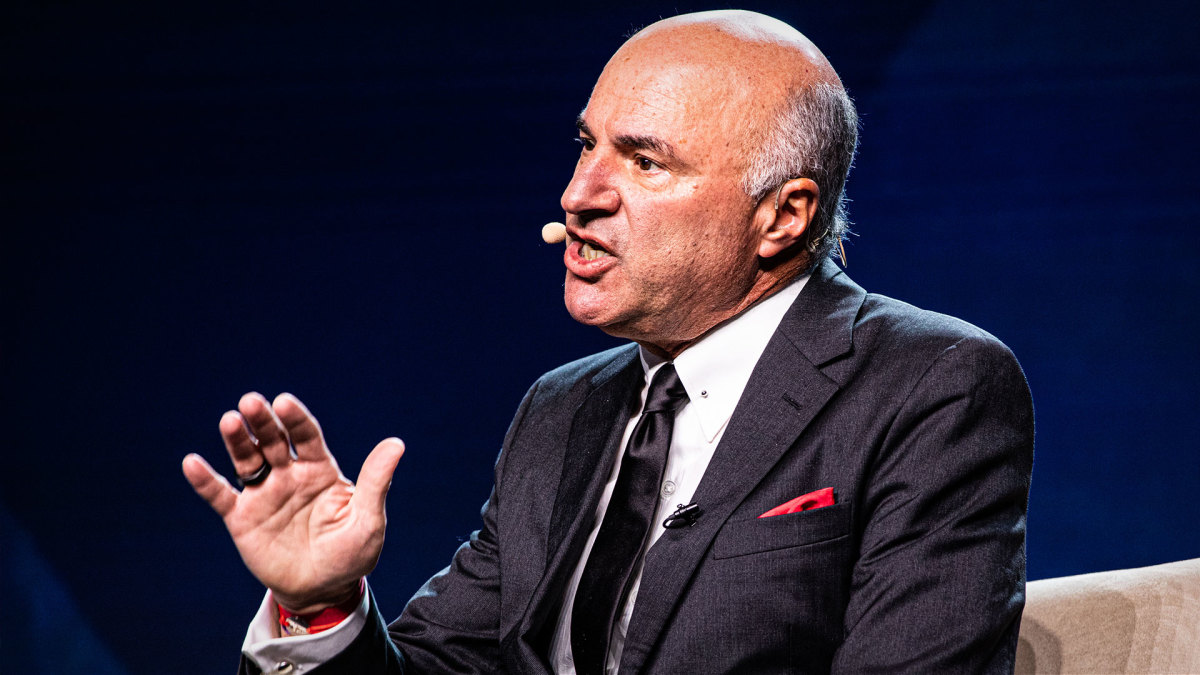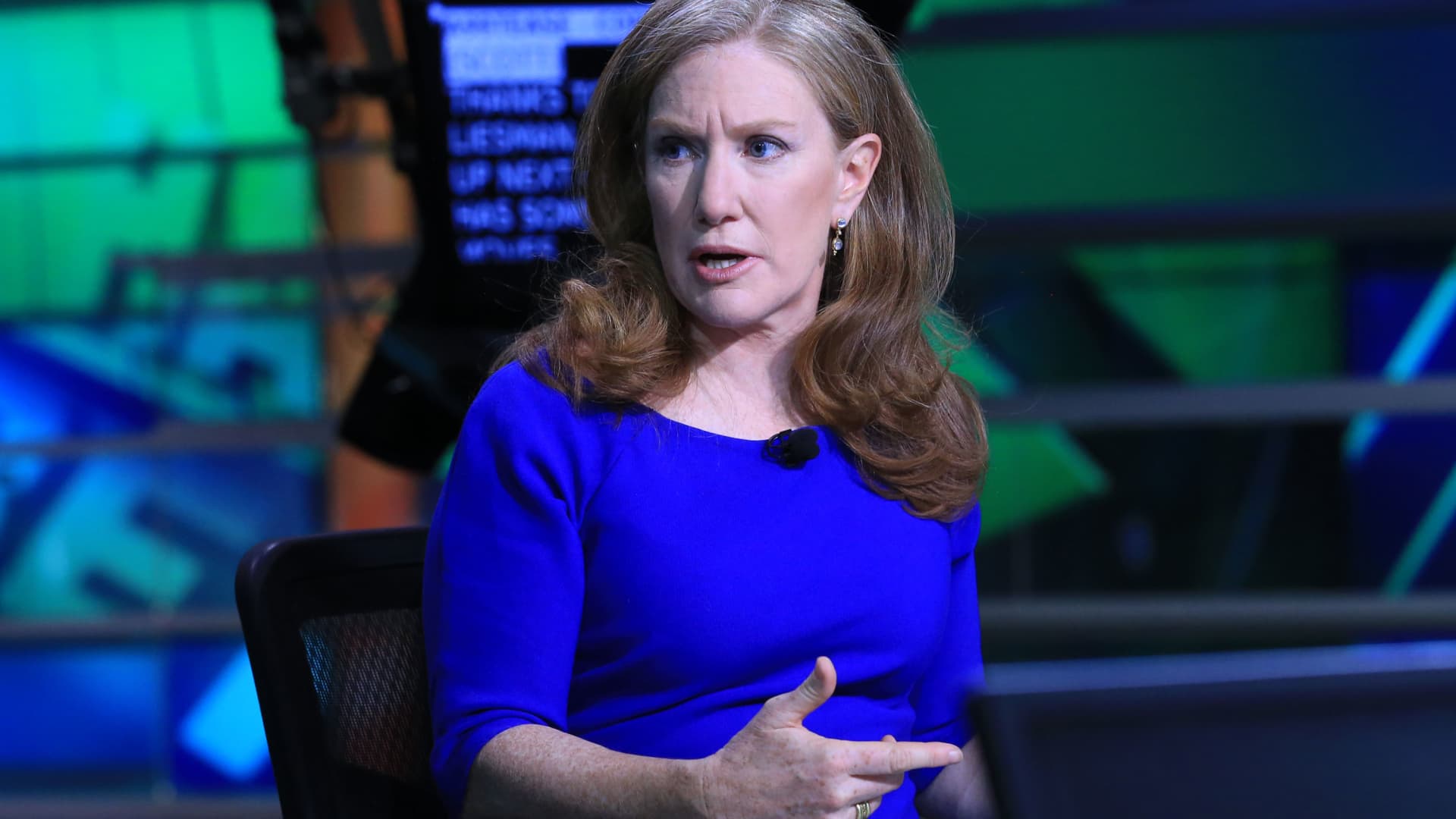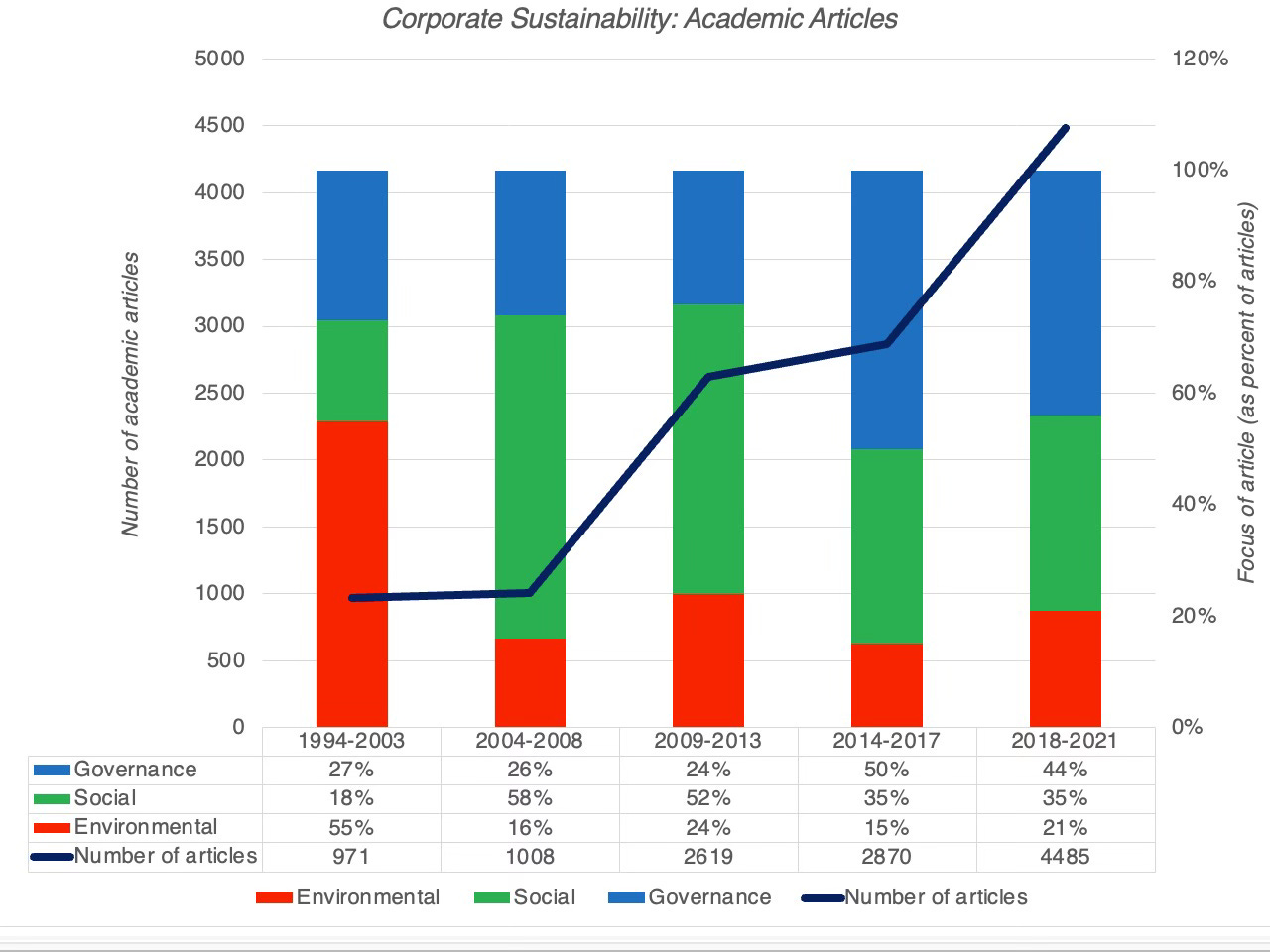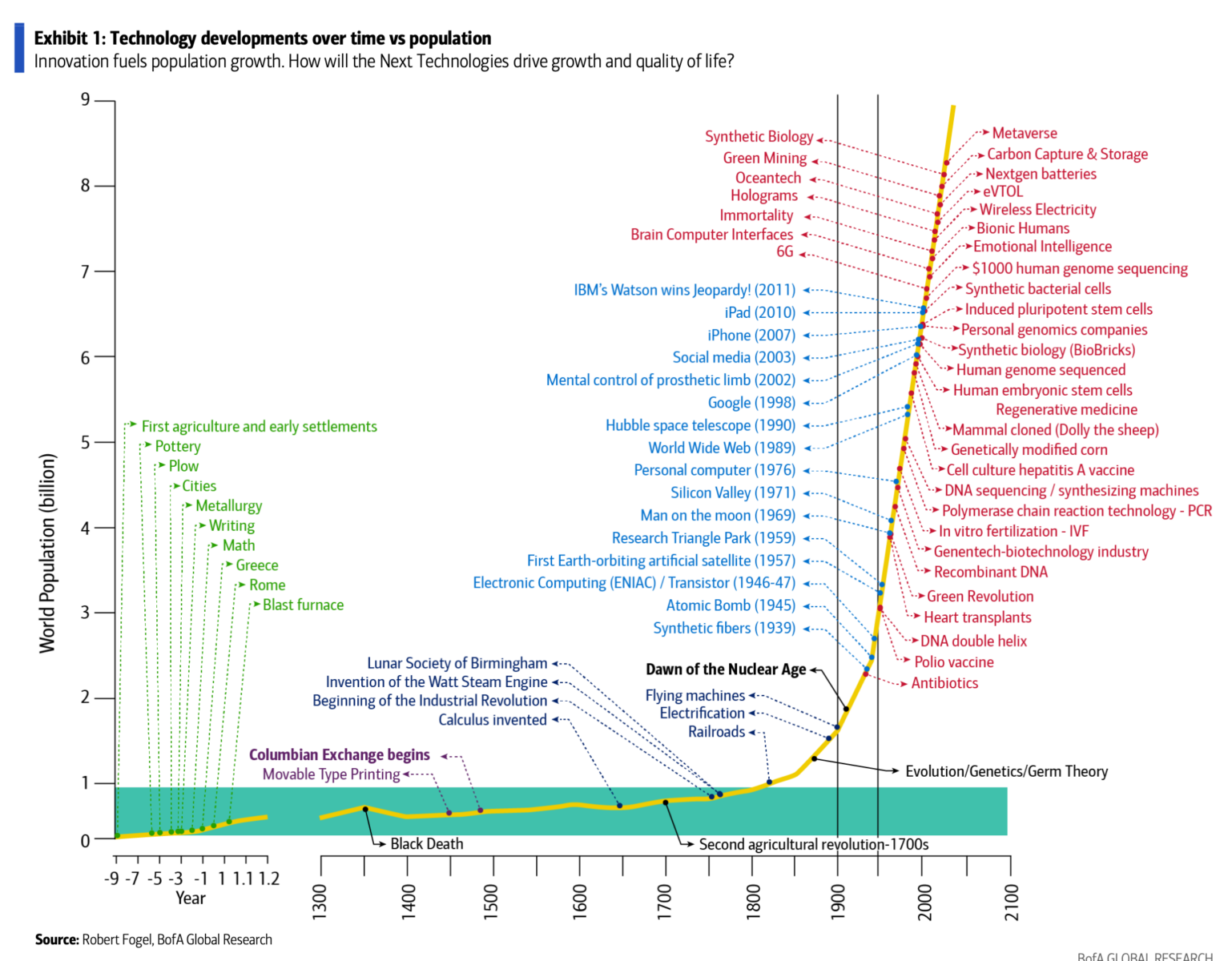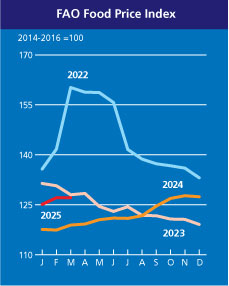Is $1 Million Still Enough to Retire on in America?
It’s a challenging reality to think that we even have to question whether someone can retire on $1 million dollars in the bank. There was a time when $1 million, just like a $100,000 salary, put you in rare air, and you thought you had it made for all the right reasons, including living the […] The post Is $1 Million Still Enough to Retire on in America? appeared first on 24/7 Wall St..

It’s a challenging reality to think that we even have to question whether someone can retire on $1 million dollars in the bank. There was a time when $1 million, just like a $100,000 salary, put you in rare air, and you thought you had it made for all the right reasons, including living the good life during your golden years.
There was a time when $1 million dollars was more than enough money to retire.
Today, this money only works if you live at a low to modest cost of living.
The unfortunate truth is that you need more than $1 million to have a comfortable cushion against rising medical costs.
Are you ahead, or behind on retirement? SmartAsset’s free tool can match you with a financial advisor in minutes to help you answer that today. Each advisor has been carefully vetted, and must act in your best interests. Don’t waste another minute; get started by clicking here.(Sponsor)
Key Points
Fast-forward to today, and it’s wild to think that someone now has to strongly consider whether $1 million is enough to live on. Of course, a lot goes into such a decision, such as cost-of-living and the desired lifestyle when retired. Perhaps more importantly, you need to know how to manage ever-increasing healthcare costs that will eat into your retirement funds yearly.
How Much Do You Need To Retire
Before calling it quits on the workforce front, you must make smart decisions about how much you need for retirement. This all starts with looking at what you think your cost of living will be, as well as the lifestyle you want.
It’s a sad truth that costs only go up, so you have to factor in inflation and that what gas or a gallon of milk costs today isn’t what it will cost you in five years. The same goes for whether you want to travel, which can require tens of thousands of dollars in savings over the years.
Taxes are also a major consideration, as having $1 million doesn’t mean you have exactly $1 million to spend. Uncle Sam will want a piece of whatever you spend, and if some of this money is in an IRA account or a 401(k), rest assured, the government will get some money. Of course, this will happen before you even factor in Social Security taxes, which is another story.
Perhaps most importantly, you must consider healthcare expenses, which can and will likely be the most surprising expense you have during retirement. Yes, Medicare will cover money, but there is also a consideration that a couple retiring today could need more than $400,000 in savings to cover healthcare over the next 30 years.
This means you’re already potentially losing 40% of your $1 million, and this is just an estimate as it could cost even more if you get sick.
Scenarios Where $1 Million Is Sufficient
Did you know that if you had $1 million in dollar bills, it would weigh around a ton and take 12 days to count. This makes it seem like it’s a lot of money, and for many decades, it was more than enough to get by on the retirement front. Today, it’s more of a roll of the dice depending on where and how you live.
Affordable Living
The likelihood of being able to afford retirement on $1 million will be best served by those who live in small towns or rural areas. Mississippi, Arkansas, Alabama, and smaller cities in these areas, where the cost of living is low, are likely to afford you quite a comfortable living on $1 million. At a 4% safe withdrawal rate, you’re talking about $40,000 per year, before Social Security.
Minimal Lifestyle
If you have pretty modest spending habits, like to cook at home more than going out, only travel once per year, and don’t have an expensive car or mortgage, a low-cost-of-living area would help you get by on $1 million. You may not even need to utilize your entire withdrawal plus Social Security to get by, giving you more money available in case of an emergency.
Debt-Free Living
The best-case scenario for getting by on $1 million during retirement, no matter when you retire, is already being debt-free. This means no mortgage or car payment, and living entirely on fixed costs. A single or maybe even a couple of retirees in areas outside of big cities in Tennessee, North Carolina, and even outside of South Florida can probably get by well on $30,000 – $40,000 annually.
Case Study
Let’s say a couple makes $72,000 yearly from Social Security and pension accounts and needs $100,000 to retire. This is someone who lives in a medium-cost-of-living area. At $1 million saved, they would only need to draw an additional $28,000 from the principal, less than the $40,000 recommended safe withdrawal rate.
In April 2025, the average Social Security check was $1,976 monthly, or $23,712. Based on the 4% safe withdrawal rate, someone receiving the average Social Security check only needs $16,288 out of their $1 million to live comfortably. In other words, someone living modestly in a low to medium cost-of-living lifestyle will likely be okay with a $1 million retirement fund lasting for at least 30 years.
Scenarios Where $1 Million Falls Short
While there are plenty of scenarios where $1 million is enough, there are an equal number of instances in which it will fall short.
Urban Cost-of-Living
If you want to live in a high-cost city, like San Francisco, Miami, or New York, your $1 million fund will fall short. Even if you have a rent-controlled place to live, you’ll still need at least $100,000 to live, on average, which means you have a $60,000 shortfall to make up from your $40,000 safe withdrawal rate. In other words, you’d only be able to retire for 10 years before running out of money.
Higher Taxes
The tax burden is another downside to higher cost-of-living areas besides the more expensive groceries and gas. In many instances where you have someone who needs $100,000 to live, you lose at least 22% to 24% of this money to taxes, depending on your marital status. This erodes around one-quarter of your $100,000 lifestyle requirement to live before you start to pay any bills, which essentially prices you out of the area immediately.
Inflation
While a retiree in this area might need $100,000 now, inflation will make things even more difficult. Someone needing $100,000 today might need $120,000 in five years, which makes the picture pretty clear about $1 million not being enough if you want to retire in a high-cost-of-living area, especially an urban location.
Case Study
Consider a popular retirement destination, such as a high-cost retirement city like San Diego, and a couple with $1 million in the bank for retirement. It’s easy to say that between rent and healthcare, they are going right through their 4% SWR, which means there is no money left to enjoy the area. As a result, they are considering relocating to somewhere less expensive.
Another example, especially around higher healthcare costs, would be someone who has $15,000 in out-of-pocket healthcare costs due to a chronic illness. On top of this, he already has a $3,000 mortgage on a condo on the outskirts of Chicago. In medical expenses alone, you are talking about $450,000 over 30 years, which most retirees need to plan for.
Location, Location, Location
Ultimately, where you live matters most when it comes to whether $1 million will last for all of your retirement. If the location is expensive, your lifestyle really won’t matter, as most of your money will go to a mortgage, property taxes, home insurance, etc.
This is the big difference between retiring in places like San Diego and a lower-cost state like Alabama, where your money and your million can help you get much more out of your life, over a longer period. Just something to really consider when the time comes.
The post Is $1 Million Still Enough to Retire on in America? appeared first on 24/7 Wall St..




































